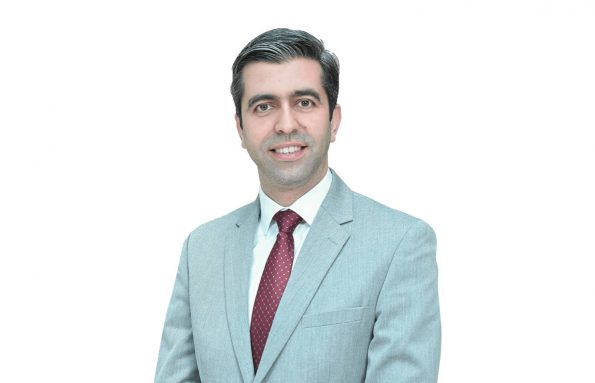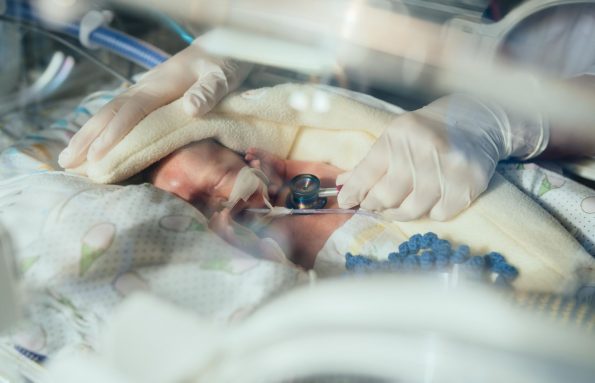Heart failure is a medical condition where the heart is unable to pump blood effectively, leading to a buildup of fluid in the lungs and other body tissues.
Fasting during Ramadan can be challenging for people with heart failure, as dehydration and electrolyte imbalances can worsen their condition. However, fasting may still be possible with proper medical guidance and preparation.
“It is not impossible for heart failure patients to fast during Ramadan, but to do it safely, you must follow your doctor’s instructions”, Dr. Hadi Skouri, Consultant Cardiologist at SSMC.
The following recommendations will be helpful if your doctor allows you to fast:
- When drinking water or other fluids like tea, coffee or juice during Iftar, don’t drink excessively in a short period at Iftar time, instead pace it out with the amount recommended for you by your doctor between Iftar and Suhoor.
- Foods that are salty, processed, or canned should be avoided.
- Avoid diuretics during Suhoor as they often lead to dehydration, low blood pressure and dizziness. However, if you must, diuretics are recommended at Iftar time.
- Don’t stop taking medications without consulting your doctor.
- Ensure that you take your medications between Iftar and Suhoor following your doctor’s recommendations.
- Pay attention to any symptoms of chest pain, shortness of breath, or palpitations during fasting hours. If you experience any of these symptoms, immediately break your fast and seek medical attention.
Some patients are not allowed to fast due to the following reasons:
- They cannot tolerate long hours without nutrition, especially during warm weather.
- Severe heart failure patients
- Diabetic people that are taking large amounts of diuretics should avoid fasting.






